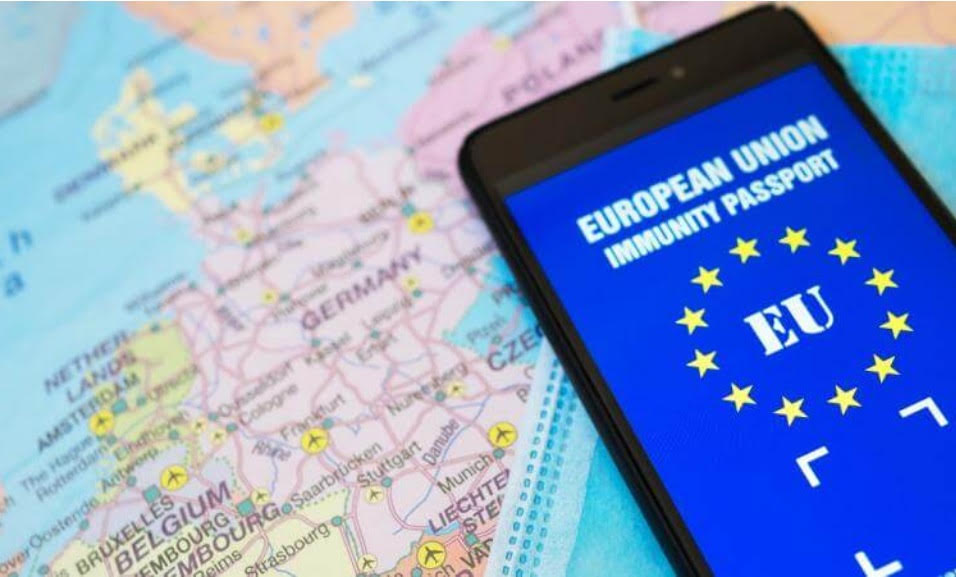
On April 14, in an article named “COVID-19 Test Results and Later on Vaccination Might Be Required for Schengen Visa Application” published by SchengenVisaInfo.com, the same reported on two things that would soon turn out to be what the future held for travellers within – and to – the EU and the Schengen Area.
First, testing for travelling to the Schengen Area, and second, vaccination once a vaccine was approved and available.
In an exchange of emails with the medium, an EU official had confirmed that both requirements would sooner or later become mandatory for visa application and travel.
“When the Schengen Borders open up in September, if they do, Schengen Visa applicants may need to submit a Coronavirus test that has resulted negative, taken within the last two weeks prior to the visa application. The traveller may be required to take a new test before travelling to the Schengen area, as to make sure that he/she has not been infected in the meantime,” the source said.
Though the borders did not reopen in September, but rather in July for a very limited number of countries and categories, those eligible to travel to the block had to present COVID-19 tests upon arrival. Those in need of visas also were required to do the same, or else be quarantined.
As time passed, tests became obligatory even for travellers willing to quarantine, thus confirming the official’s statements.
At the time, the official also noted that once the COVID-19 vaccine is confirmed and available for all, visa applicants would also be required to be vaccinated in the future.
After the EU approved its first safe and effective vaccine against COVID-19 on December 21, and the EU and Schengen members moved on to rollout vaccination in their territory, many of them warned they would soon start issuing vaccination certificates.
Some of them weren’t very clear whether they would impose such a requirement for incoming travellers, like Spain, Greece and Denmark, as they only said that they would be issuing these certificates to their own citizens so that they can travel to the countries which apply the requirement of vaccination.
On the other hand, countries as Cyprus and Iceland have revealed they are set to permit vaccinated persons to enter their territory restriction-free, at least those coming from the EU and Schengen Area.
The same official, who was asked whether the EU was aware of the vaccination certificates back in April 2020, clarified that while the EU knew vaccines had to become a requirement sooner or later, it was obvious that some kind of document would also be required to prove one had been vaccinated against COVID-19.
“It’s not that someone said ‘Okay guys, months from now we will have to impose a vaccination certificate in order to restore travel within the block.’ Things don’t work out like that.
It’s just that, at the moment that the freedom of movement was halted as never before, we were all aware – and agreed – that in order to enable people to travel again, the requirement of a vaccine would sooner or later become necessary,” the official said.
Yesterday, in a video conference of the members of the European Council, the latter agreed to work on a standardised and interoperable form of proof of vaccination for medical purposes, while a press release of the Council noted that “the leaders would determine at a later stage in what circumstances these certificates could be used.”
It is obvious that by the end of 2021, travelling throughout the European Union and the Schengen Area restriction-free with a COVID-19 vaccination certificate will become the norm.
Moreover, if the EU really makes vaccines obligatory, insurance providers may refuse to cover them as representatives of some of the biggest travel insurance providers for Europe, AXA, Europ Assistance, and DR-WALTER have confirmed for SchengenVisaInfo.com that if the EU makes vaccination obligatory for travellers to be eligible to enter its territory, then they would update their policies in compliance with the EU regulations.